Aurangzeb: Whitewashing Tyrant, Distorting Narrative
By Saurabh D. Lohogaonkaron Apr 16, 2024
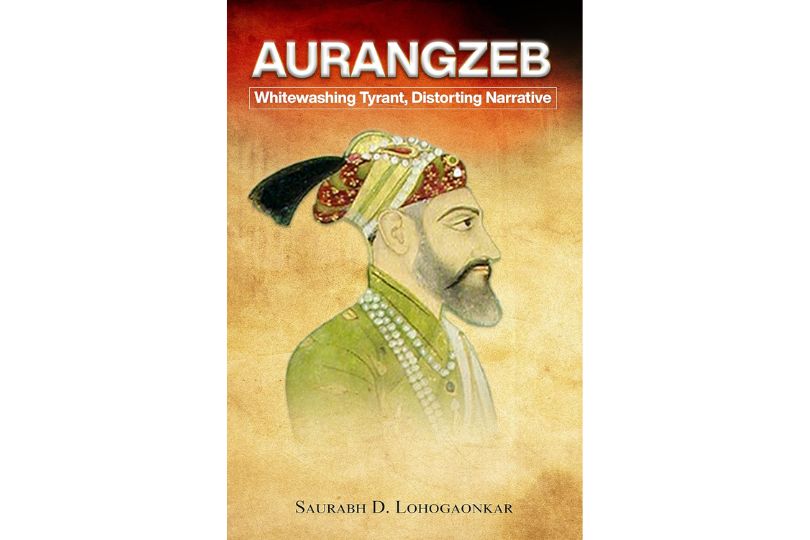
“Aurangzeb protected more temples than he demolished.” Did he really? Were Aurangzeb’s acts of temple demolition only of political in nature as trumpeted by a set of historians or due to his strong religious prejudice? It is often said that a journey of thousand miles start with a single step, the same can be said about this book, as the concept of writing took root after reading the above quote. As the author tried to dig deeper to find the answers of some critical questions like; Ø Was Hindu support to Dara and Aurangzeb really equal? Ø Was the percentage improvement for Hindu nobles really represent constructive expansion of Mughal Empire or does it signify decline and decay? Ø Did Aurangzeb really have ‘no religious litmus test’ for his employment? Ø Who were the ‘prized Hindu nobles’ of Mughal Empire and what actually happened with them during Aurangzeb’s reign? Ø Did Aurangzeb really remitted eighty taxes on population as claimed by historians? Ø Why Aurangzeb was so concerned with a highway robbery that he demoted Prince Azam in his rank? Ø Why it was necessary to hide the connection between Sheikh Sarhindi’s and Aurangzeb for some historians? Ø Was Aurangzeb really so benevolent to donate land to a Hindu Gosain near a mosque? Or to issue sanads at Shatunjaya to Jain Temples? Ø What Aurangzeb really was; a ‘Conqueror of Deccan’ or ‘Loser of an empire’? Ø Was Mughal-Rajput or Mughal-Maratha conflict shaped only by craving of raw power as some modern interpreters try to project? Why it is essential to deconstruct this myth? Ø What was the impact of the quote “Sultanate of Delhi has become a child’s game” in shaping today’s Indian subcontinent? Ø Did EEIC really capture India from Mughals or from indigenous kingdoms? So; it’s time to start a journey through the pages of the history to know answers for these intriguing questions. From folio’s of Mughal akhbars to the books written by contemporary chroniclers; from the letters sent to their superiors sitting in London, Paris, Amsterdam by European merchants & personal diaries of company officials to travelogues of freebooters and adventurers, from the official chronicles of indigenous powers like Rajputs & Marathas to yet unexplored Turkish archives, this book will take you to those stormy years which changed the course of history and helped shape today’s India. Backed by a meticulous research with primary and secondary sources, epigraphical evidence, temple destruction records, forced conversion details, deliberate place name changes; this book will try to critically examine the life of Aurangzeb and the white-washing initiated by modern interpreters; trying to pass him off as a ‘Justice loving’, ‘Benevolent’, ‘Tolerant’, ‘Secular’ and hence allegedly most misunderstood king (sic) of India.

.jpg)







.jpg)
.jpeg)
.jpg)
.jpg)
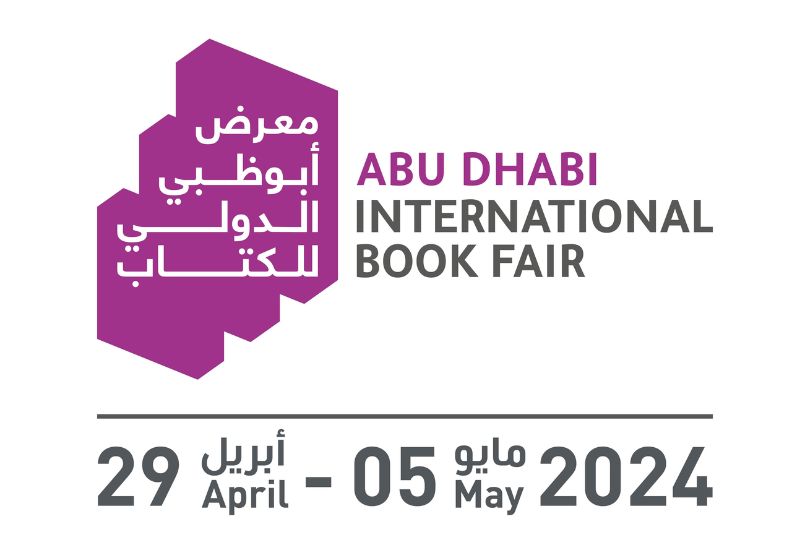
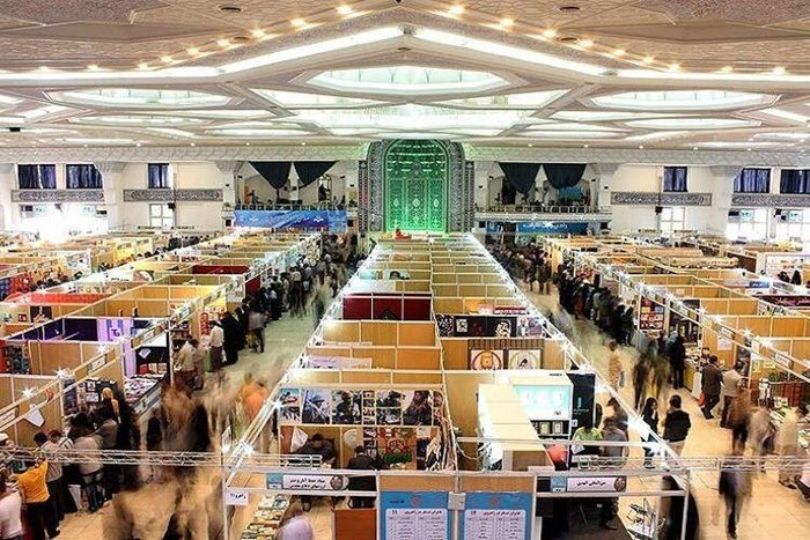
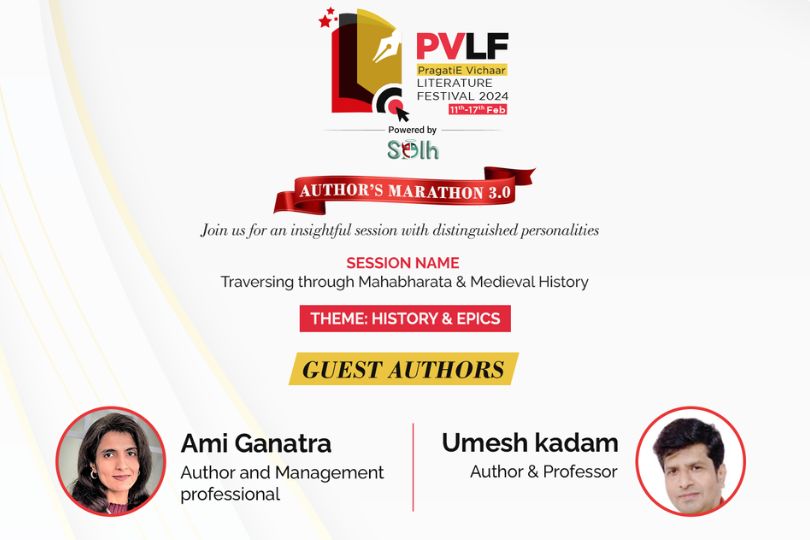
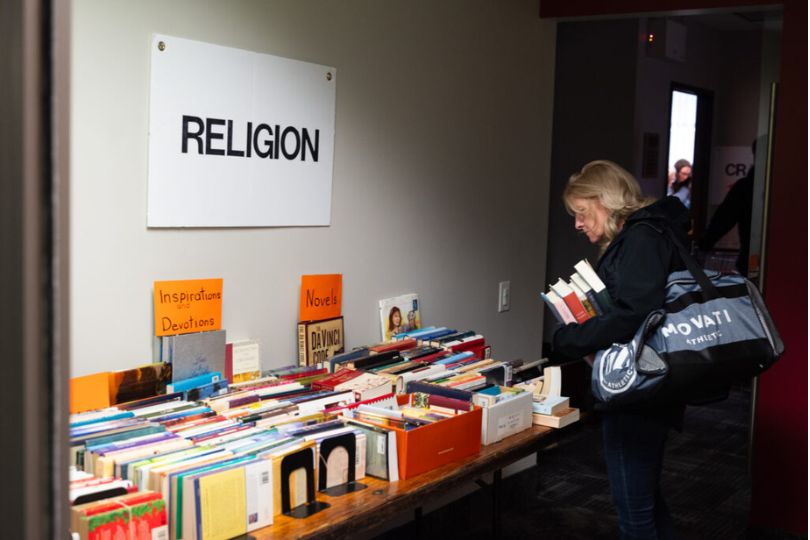

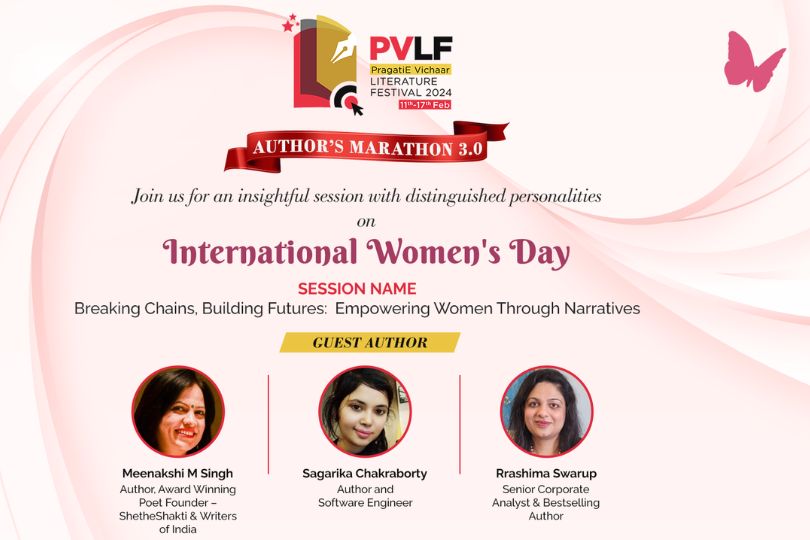
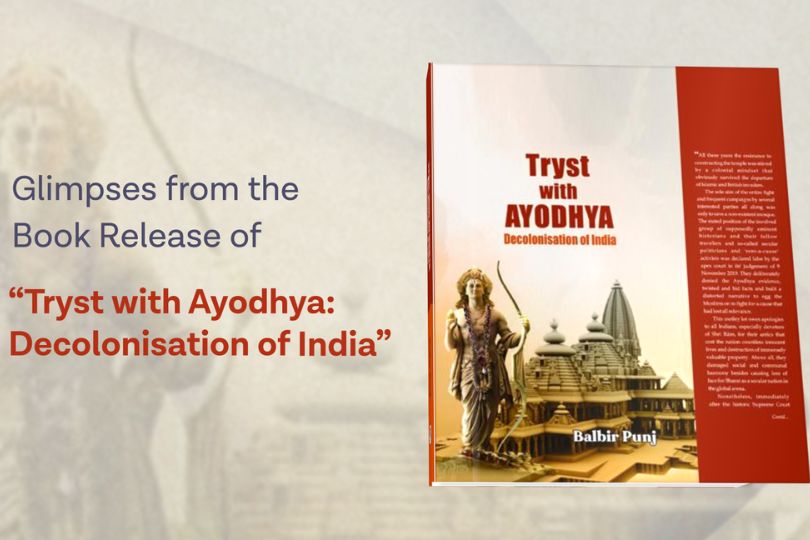
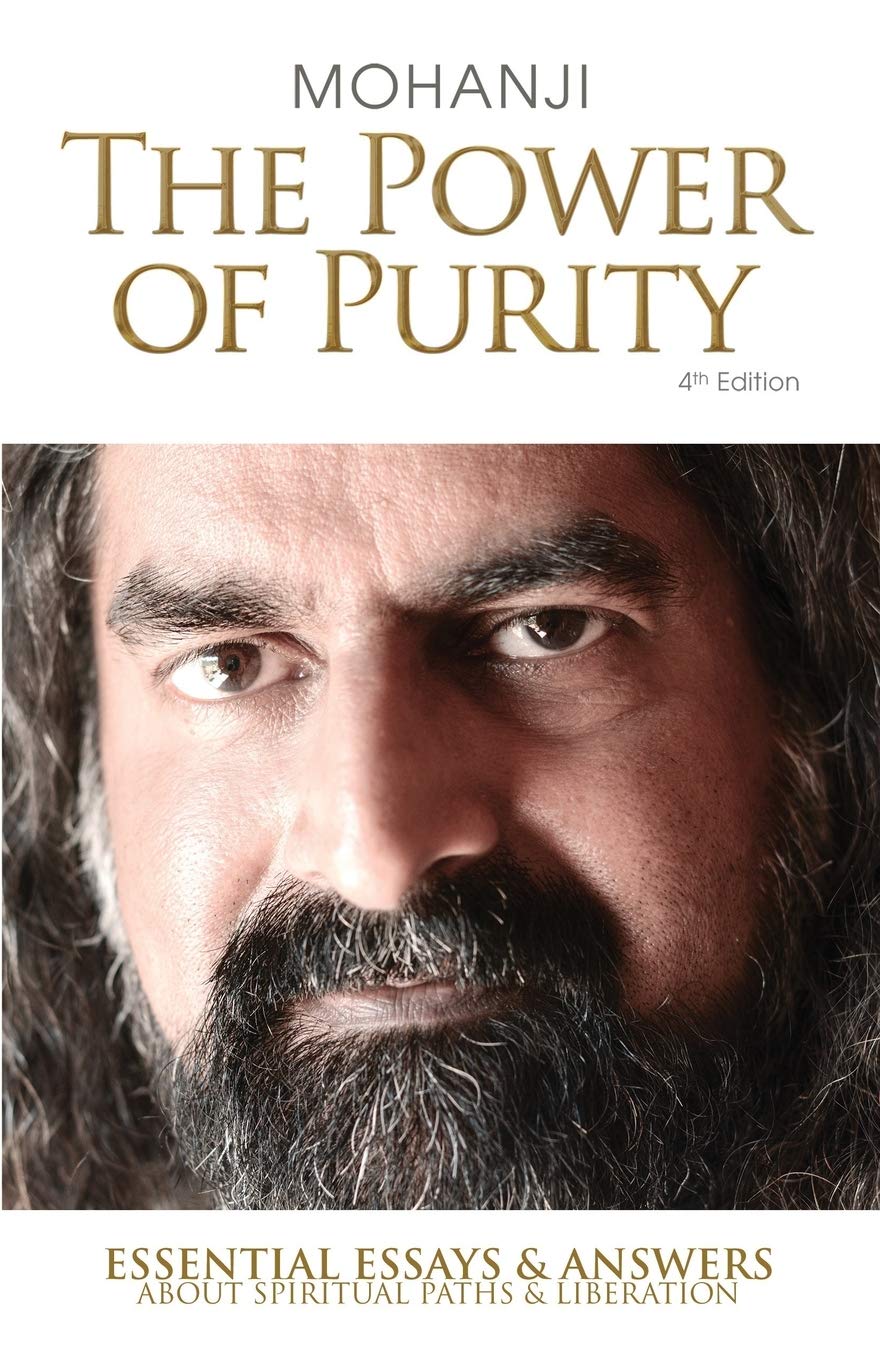
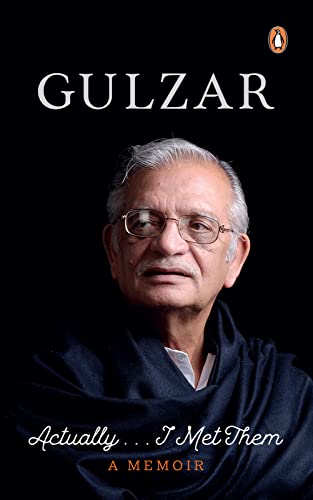
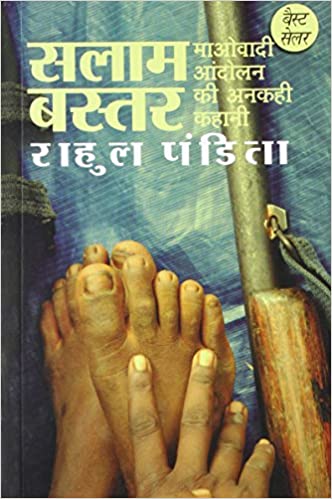
.jpg)
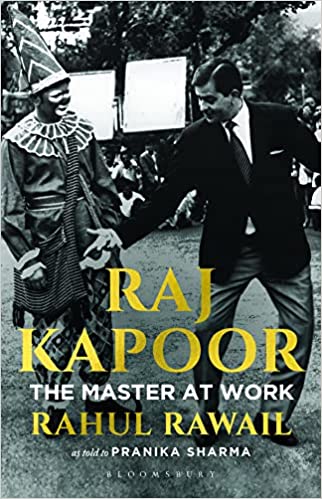
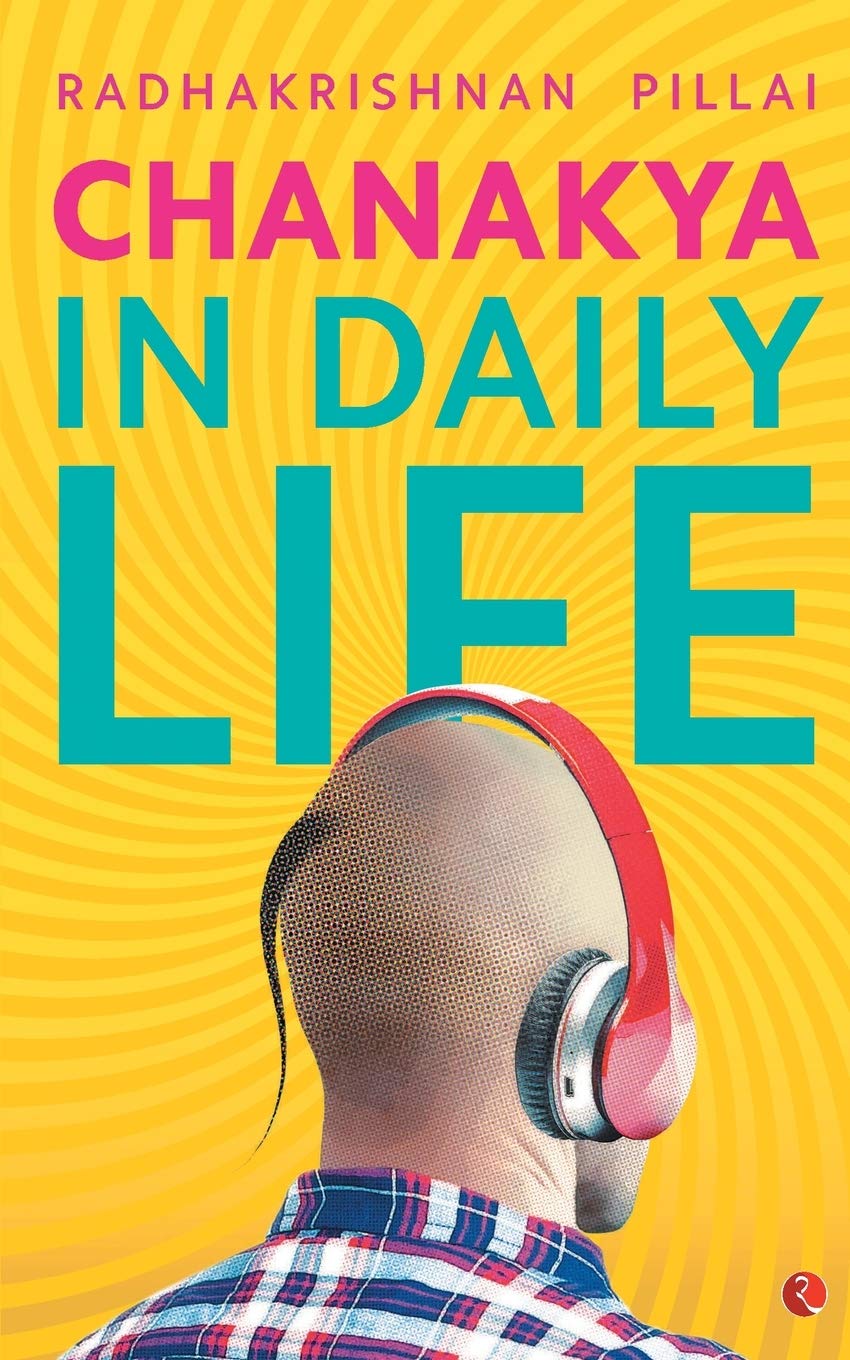
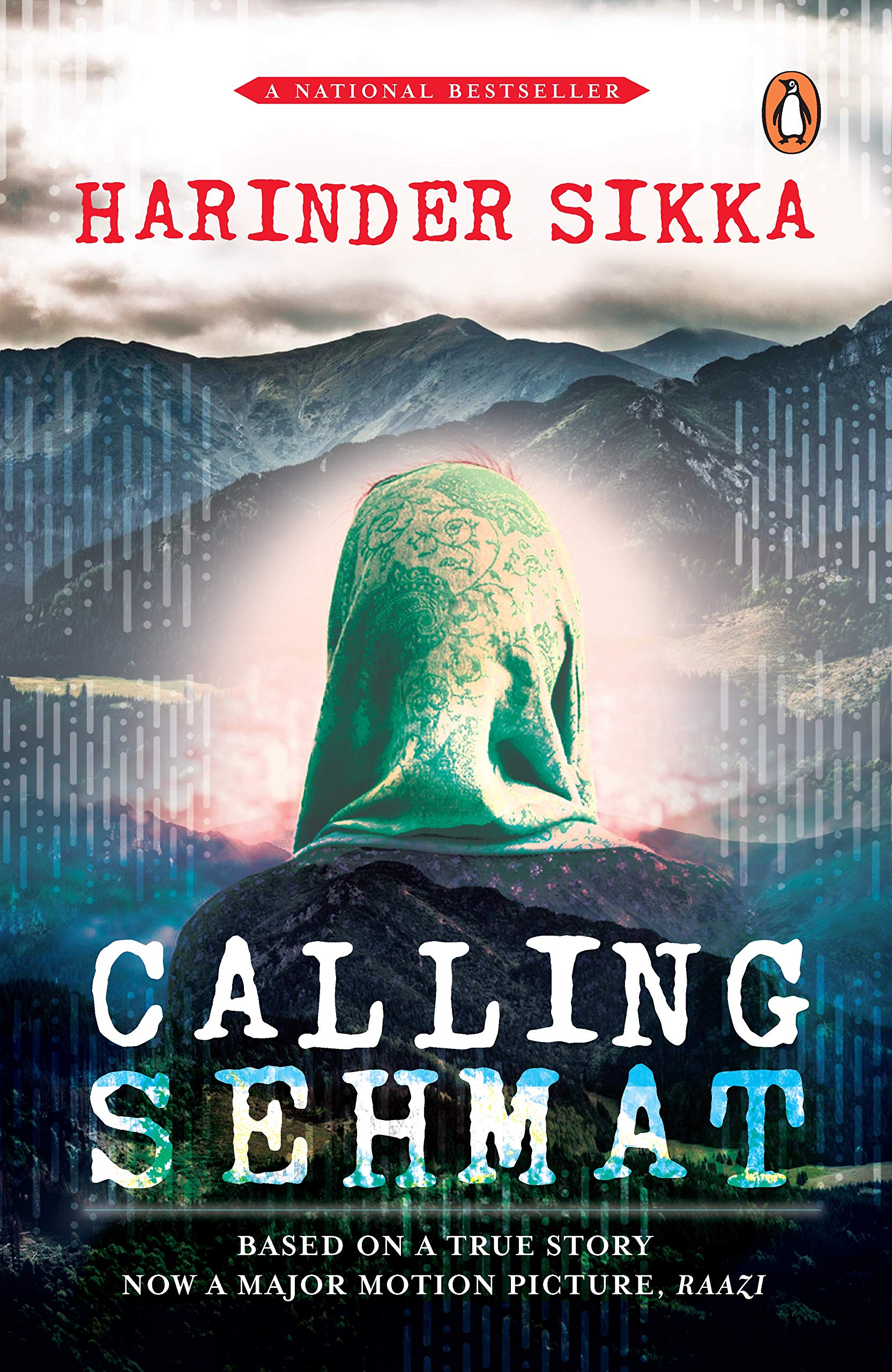
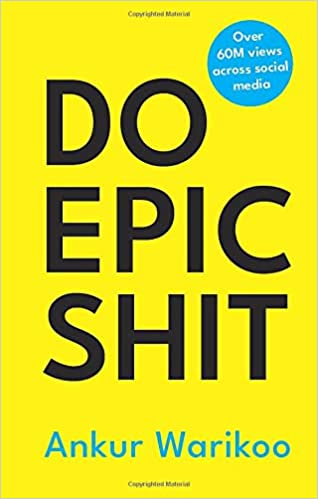
Sorry! No comment found for this post.